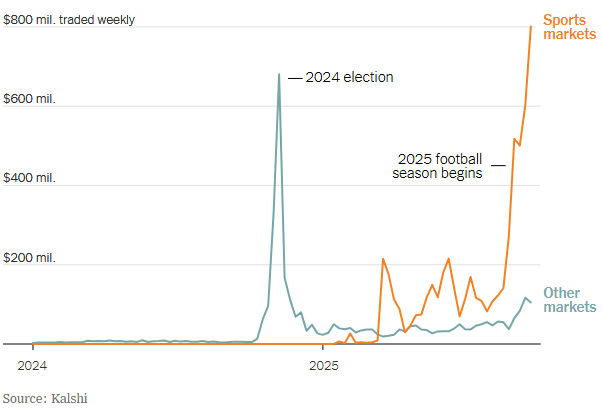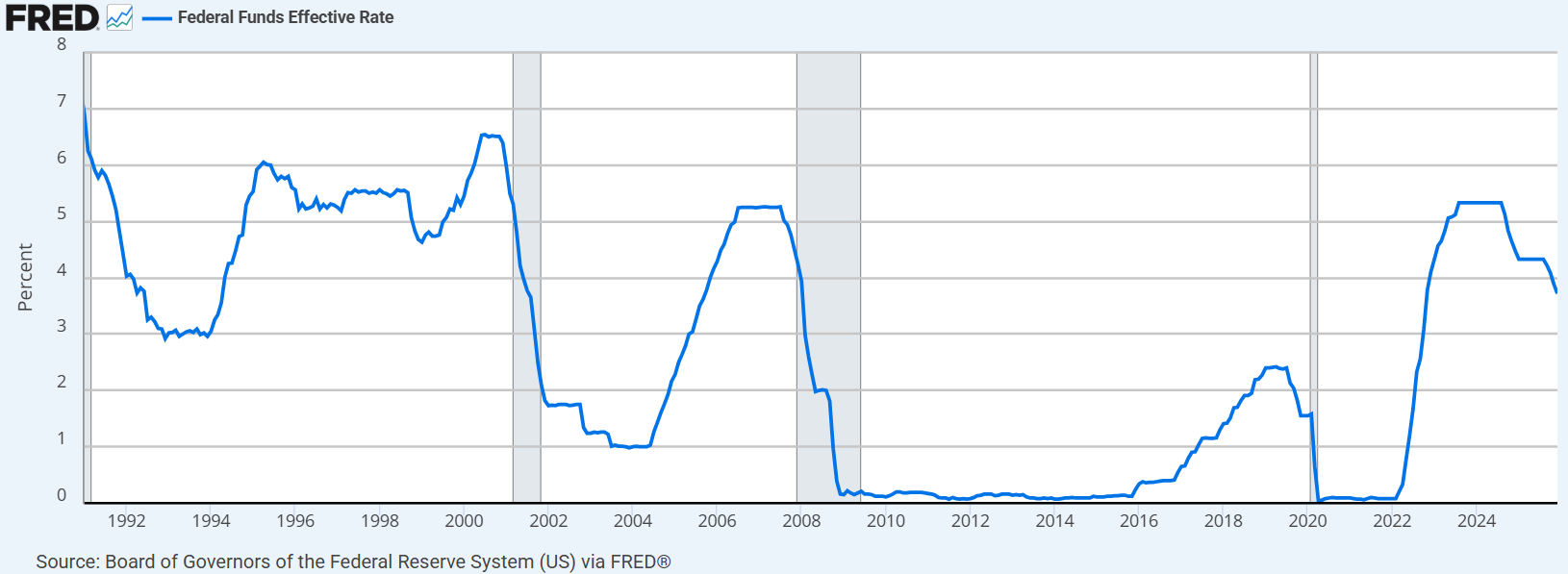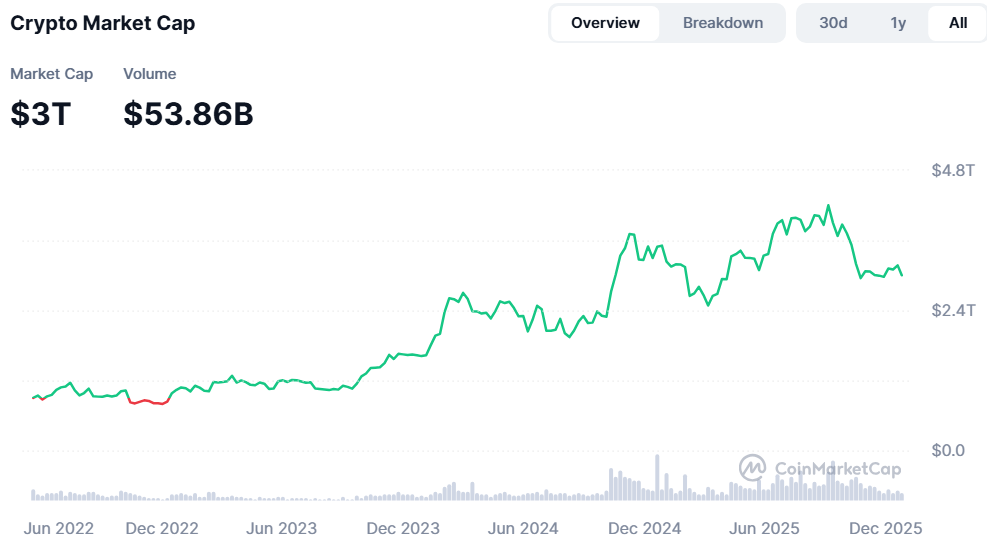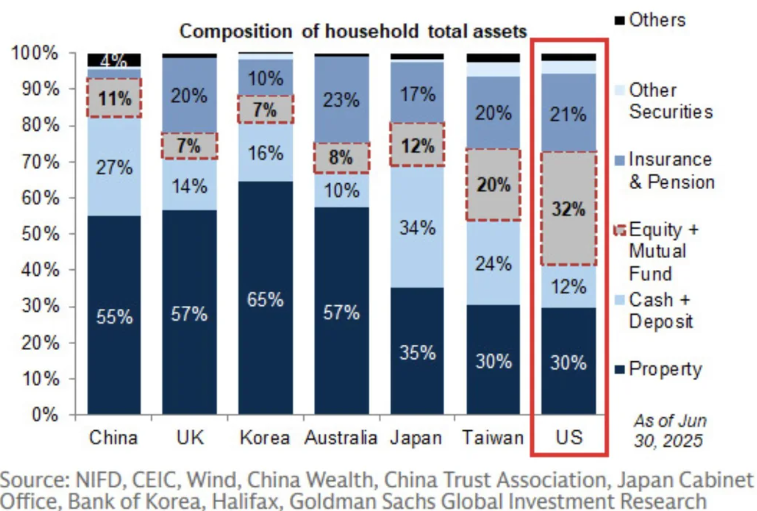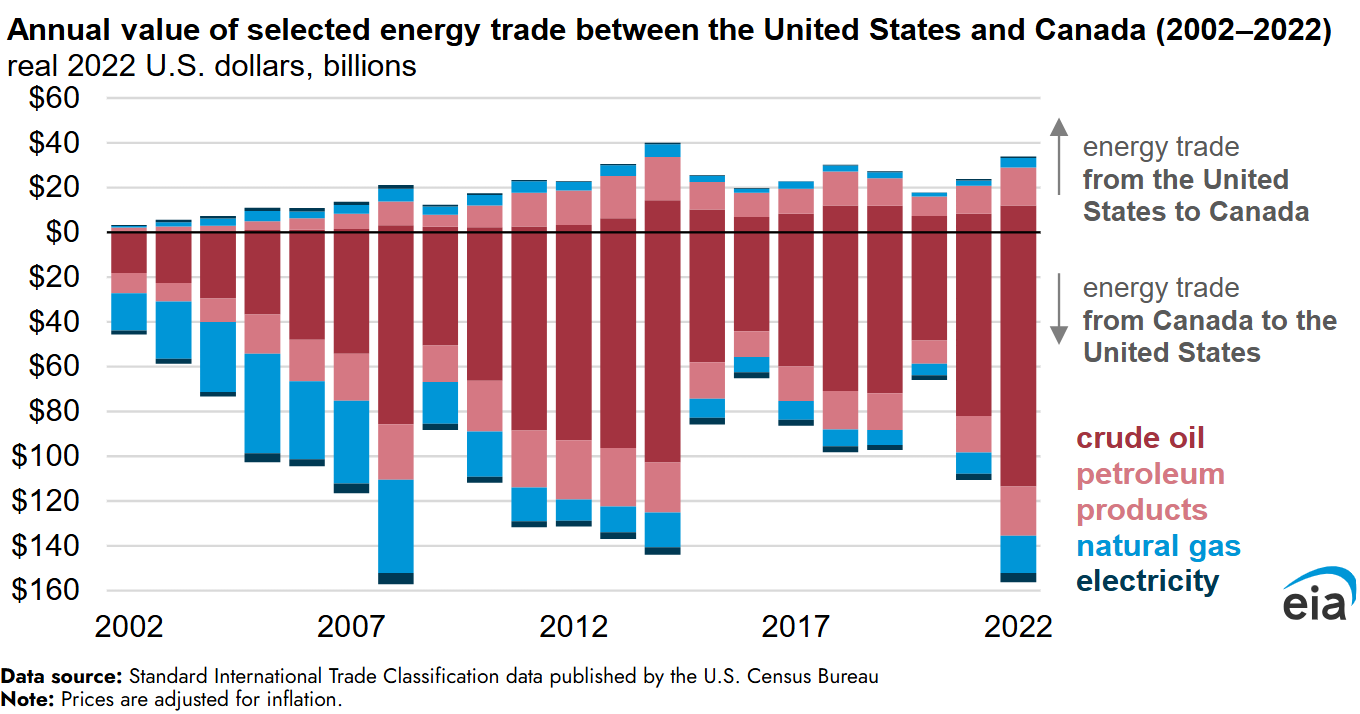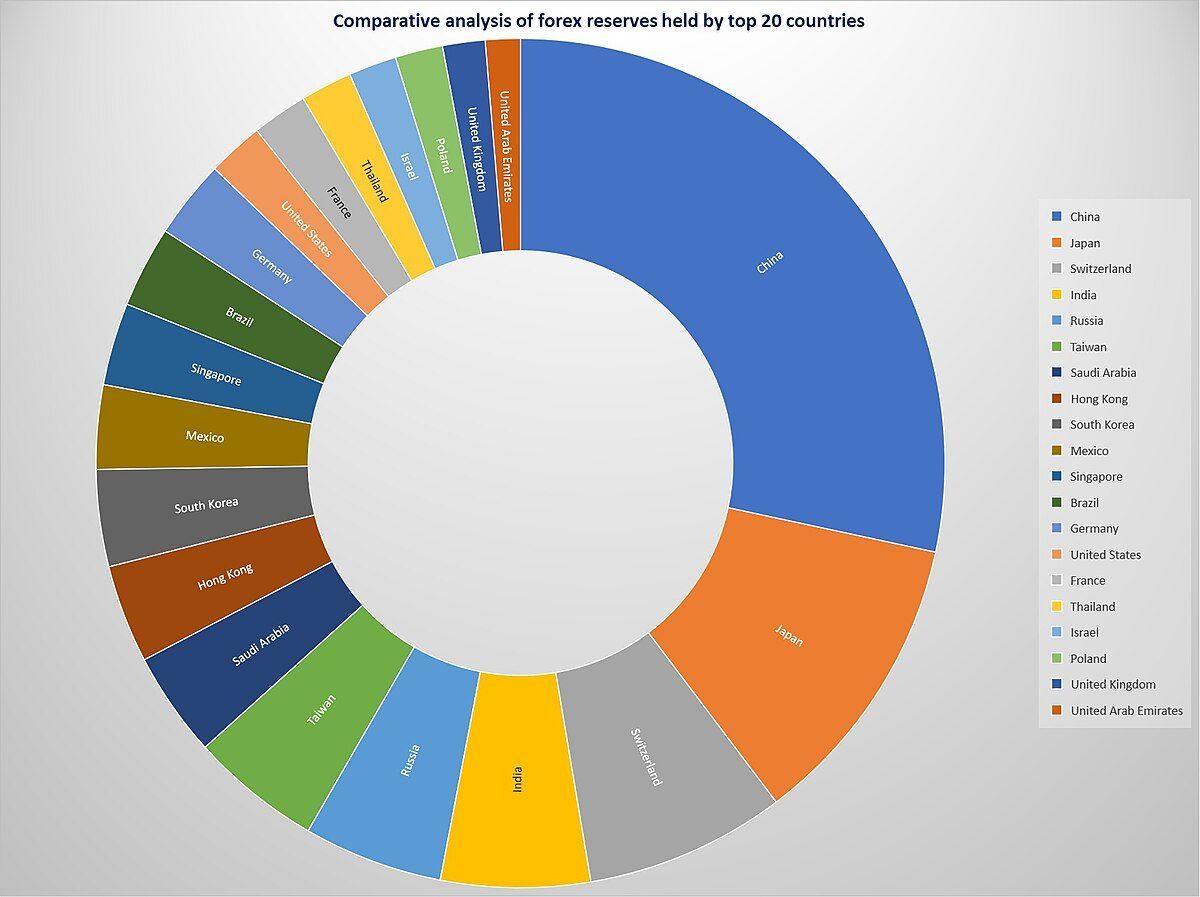Colin Read • November 4, 2023
A Taking is Necessary and Efficient But Typically Economically Unjust - November 5, 2023

I read a story the other day about a woman who came home from holiday only to discover that a company had mistakenly demolished her house. Surely the errant company will have to compensate the homeowner, but homeowners who lose their property are often not made whole if compensation is at market value. To explain why, I recall a paper I once wrote for the Connecticut Law Review on eminent domain that I have not thought about since my law school days.
Let us begin by defining a taking, and then extending the notion beyond its constitutional intention. I promise to keep constitutional law at a minimum.
The Fifth Amendment, also known as “The Takings Clause” states that "nor shall private property be taken for public use, without just compensation." The power of eminent domain allows the government to take land from private property owners, but requires it to pay just compensation.
The constitution does not specify how private parties must act with each other, although it has been used on occasion to extend to private entities certain obligations if they are deemed to act within some government capacity. Rather, the constitution specifies citizens’ rights from encroachment by the government.
As we try to understand the importance of the takings clause, we will see that it parallels issues of economic justice in society more broadly. Hence, some exploration is illuminating.
Imagine a world without regulatory takings. We all benefit from the roads we navigate, the schools and public buildings we populate, and the public water and sewer lines that nourish and drain human activity at our homes and workplaces. Our private property is far more valuable because of the investments we the public make in our infrastructure. Without the ability of the government to expropriate our individual property for the collective good, our private property would be worth far less and we would be individually and collectively poorer.
The takings clause prevents individuals from extorting an excessive sum to permit our individual property to be used collectively. The government can exercise its wisdom and judgment to take our property, but it has to pay us what our property is worth.
Over recent decades, the Supreme Court has determined that the government can even take the property from large corporations, and give it to small homeowners, in the case of Hawaii Housing, or from small homeowners to turn over for large private developments, in the case of Kelo v. New London. We have even seen government facilitate a Big Three auto manufacturer to take a low income neighborhood in Detroit to build a car factory, in the Poletown case.
The expropriated economic principle is that private greed should not frustrate the enhancement of our collective economic good. If jobs or public facilities or roads can be provided by paying reluctant property owners their just compensation, then the public interest should prevail, according to the legal theory and constitutional amendment.
Of course, the exercising of such constitutional power is not always necessary. A developer wishing to build a sports stadium or office building can simply approach homeowners and negotiate a price. In fact, every one of our market transactions is like that - an exchange between a willing seller and a willing buyer. If the seller does not wish to sell, for whatever reason, we move on. After all, the economic system is based on voluntary exchange for which both parties benefit. The willing seller receives a price at least as high as it is willing to accept, and the buyer with other alternatives gets the good or service for a price no higher than they are willing to pay.
Economists label the difference between what a seller receives and what it might have been willing to accept as a
producer’s surplus, while only the most desperate buyer pays her maximum price. All others receive a
consumer’s surplus. Only in the rarest of exchanges is the price precisely the lowest a seller would possibly accept, or the highest a buyer is willing to pay. Such
marginal agents have no surplus to enjoy, but every other trader benefits.
Private markets find these equilibrium points. Economic theory argues markets perform this function quite well. So, why then does the government not negotiate just like a developer must? The reason is that, if I hold out to demand a price for my house that may reflect all the value it generates for me, including sentimental value, then by definition this price will be higher than the market price. If not, my home would already be for sale. If that price I demand won’t allow the developer to generate value, then they should rightfully go elsewhere.
In effect, expropriation is not an exchange between a willing seller and a buyer with alternatives, but between a highly motivated buyer and a very unwilling seller. However, there’s sometimes no elsewhere for a road or school to go. And, if I wish to hold out to extract a benefit for myself well beyond my valuation of my home, then I am unnecessarily frustrating the common good. The
takings clause prevents such extortion.
Takings are inherently coercive, and especially for the poor. In the case of Poletown, the proposed site of a new Cadillac plant was in one of the poorest neighborhoods in Detroit. It is no coincidence that GM wanted to build there. The poorest neighborhood would have the lowest land prices and hence would be least expensive for GM. The car manufacturer convinced the Detroit City Council of their need, and the council caused a whole neighborhood to be uprooted for a song. These homeowners received
just compensation, but it was not enough to buy a nice home elsewhere, since other neighborhoods were more expensive than the lowest valued neighborhood.
That neighborhood may have had low property values, but it housed a community of memories, generations of families, and a vibrancy that was valued by them, if perhaps no others. Because of this sheer logic that makes development of poor communities more desirable than razing wealthy neighborhoods, the takings clause tends to “favor” the poorest among us. But, while they have little to invest to raise the value of their neighborhoods beyond the profit threshold that makes a taking undesirable, their memories of generations that may have lived in their home, families raised, and grandparents who may have died, are cherished memories of great value to them but of no value to the market or anyone else.
The day I bought my home, the seller had already moved on and was happy to sell at the market price. As with every market transaction, I was happy to buy. Five or ten or fifteen years of memories and investments only I would appreciate means that I would never sell for that same price. Those who don’t have their home up for sale almost by definition value it for more than the market. Hence, a taking is invariably coercive and destroys value that the market does not price into the home. But, takings are still necessary to prevent an attempt for those who are willing to sell to insist on an excessive price just because they can.
The problem is that we cannot know the degree to which one’s true valuation is above the market price, although invariably it is since our homes are rarely for sale. Nor can we discern if an owner approached to sell their home is merely trying to get a piece of the developer’s profits. The takings clause is an uncomfortable but also often a necessary evil.
This brings us to one last refuge of the market economy. The wealthiest are able to “hold out” because they can. A poor person has few options and few resources at their defense. The home they live in may be the only one they could afford. Those who get factory jobs or enjoy a sports stadium or mall are likely not the same people whose neighborhood has been displaced by a taking. The economy is ruthless like that. It promotes economic efficiency by creating new economic activity, under the theory that the winners gain more than the losers sacrifice. But, this ruthless pursuit of efficiency does not typically require the winners to actually fully compensate the losers.
It is perhaps too easy for me to note a problem with takings and the market economy without proposing a solution to this dilemma. Paraphrasing Winston Churchill, the market economy is a pretty poor way to satisfy our individual and collective wants and needs, except when compared to the alternatives. Takings are at times even worse.

